Zenit-E
Zenit-E is a Soviet SLR camera, developed at the Krasnogorsk Mechanical Plant (KMZ) and produced in series from 1965 to 1982. This camera was also produced at the BelOMO factory in the city of Vileyka from 1973 to 1986.
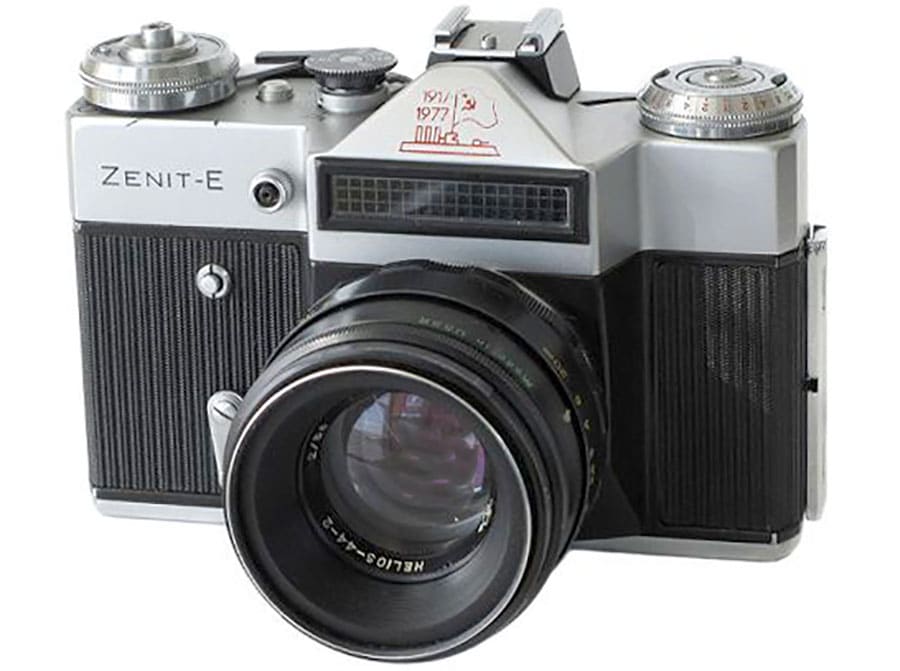
Zenit-E is actually a legendary Soviet camera. This camera was produced on a gigantic scale and is almost a symbol of the Soviet photographic industry.
Zenit-E Specifications
- Type: 35mm SLR camera
- Manufacturer: KMZ plant
- Production period: from 1965 to 1986
- Format: 24x36cm on 135 film
- Lens mount: m42 thread mount
- Lens: Helios-44-2 f2.0/58
- Viewfinder image field size: 20×28mm
- Shutter: focal-plane shutter with speeds from 1/30 to 1/500 sec.
- Viewfinder: SLR with non-removable pentaprism
- Lighmeter: built-in selenium light meter
- Flash synchronisation: sync socket “X”, sync speeds from 1/30 s and longer.
- Selftimer: mechanical
- Weight: 920 grams
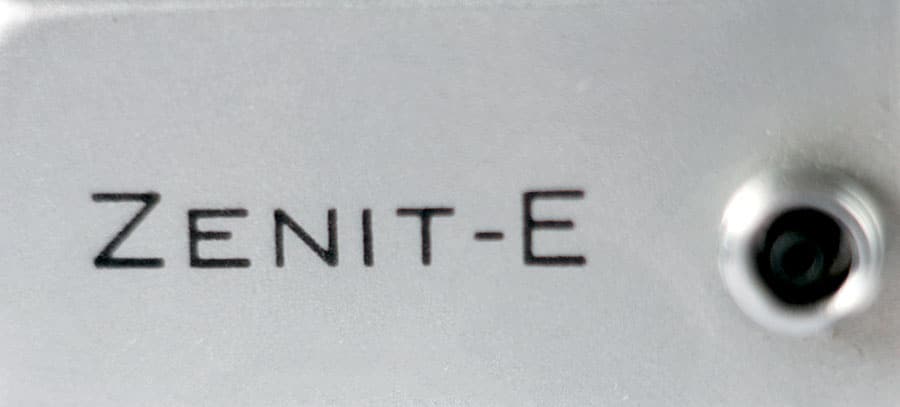
The Zenit-E camera is not only the most massive SLR camera in the USSR but also throughout the world. This camera, along with its modified versions (EM, ET, B, BM), has been released in more than eight million copies.

All controls remain in the same places, and the layout of the camera parts remains the same (as in Zenit-3M), despite the fact that the camera has become heavier and taller. For many years of production, Zenit-E had a huge number of modifications, which at the same time did not differ much from each other.
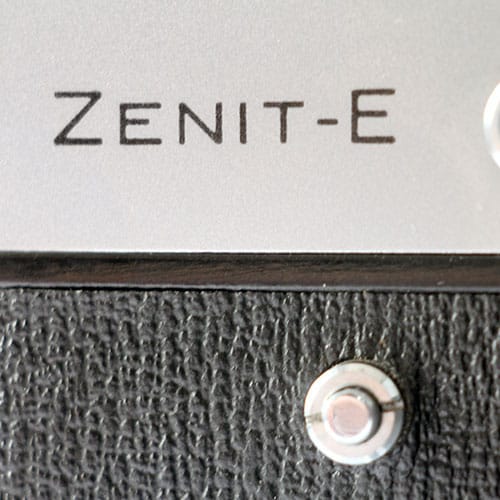
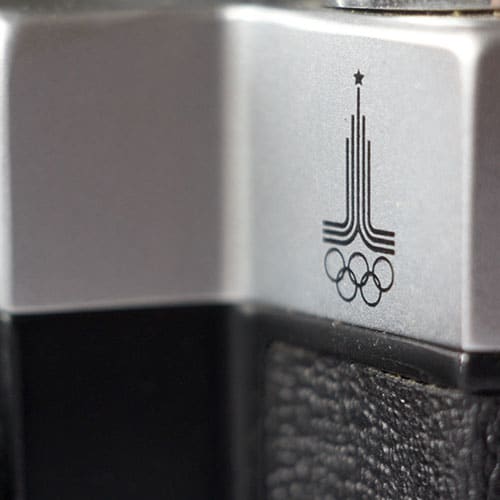
The camera inherited from its predecessor a solid metal body and a focal shutter with rubberized fabric curtains. A very important innovation was the returning mirror. That is, you can now observe the picture in the viewfinder both after cocking the shutter and before that.
Another very important innovation was the selenium exposure meter (the light meter), in honor of which the camera has the letter E in the name. The light meter was not connected with the operation of the aperture or shutter, and you had to calculate the correct values of these elements yourself using the calculator on the top cover.
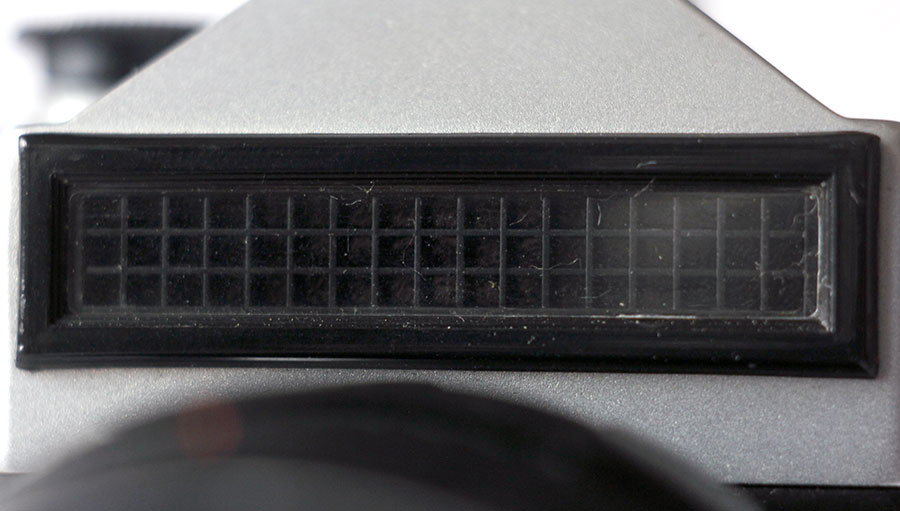
Zenit-E was equipped with a Helios-44 2/58 or Industar-50-2 3,5/50 lens. The camera (unlike its predecessors) had an M42 threaded mount, which means that you now have an even wider choice of lenses. But it should be noted that the very first cameras of this model still had the old M39 threaded mount.
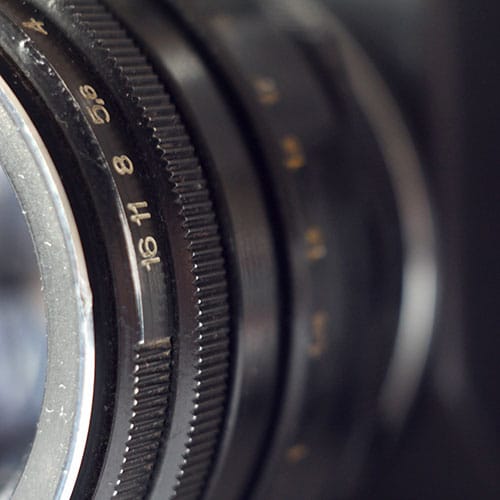
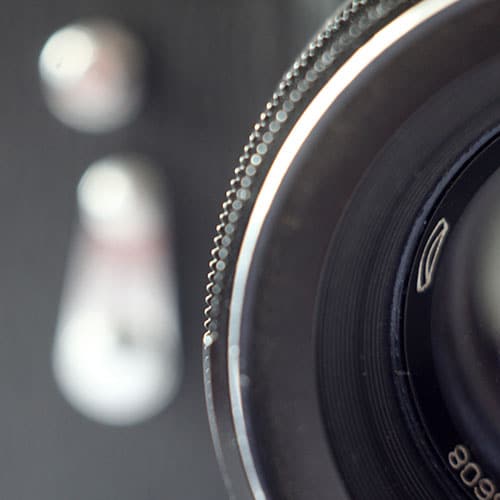
The shutter is exactly the same as in the previous cameras and has shutter speeds of 1/30, 1/60, 1/125, 1/250, 1/500, and B. Exactly the same shutter was not only in Zenit cameras but also in Zorki and FED cameras. As you probably already know, this shutter was inherited from the very first Fed and Zorki cameras, which were clones of Leica II.
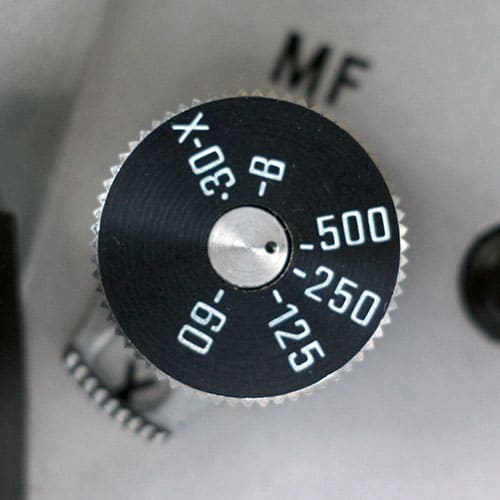
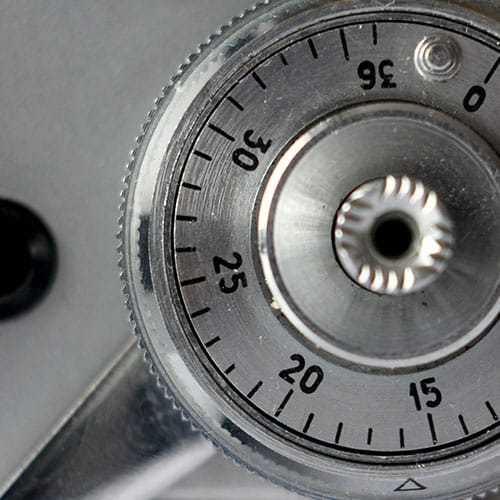
But of course, we must not forget that this is the Soviet Union, and this means that despite the aforementioned improvements, the camera was full of flaws and simplifications.
For example, in the viewfinder, you could see only 65% of the future frame. There were no such shortcomings in any SLR camera of those years produced outside the USSR.
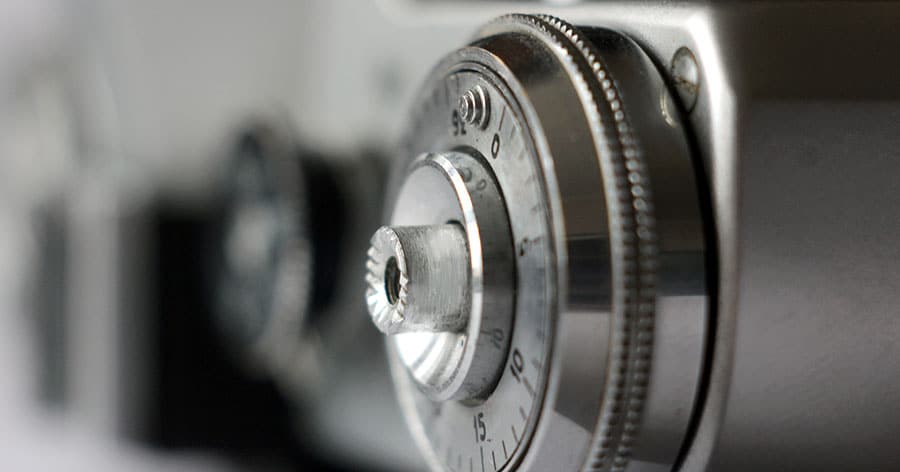
In addition, the camera had a very meager set of shutter speeds. The curtains could freeze and slow down even with a slight frost.
The selenium exposure meter was not directly interfaced with the camera operation, had little accuracy, and was comparatively useful only in good lighting.
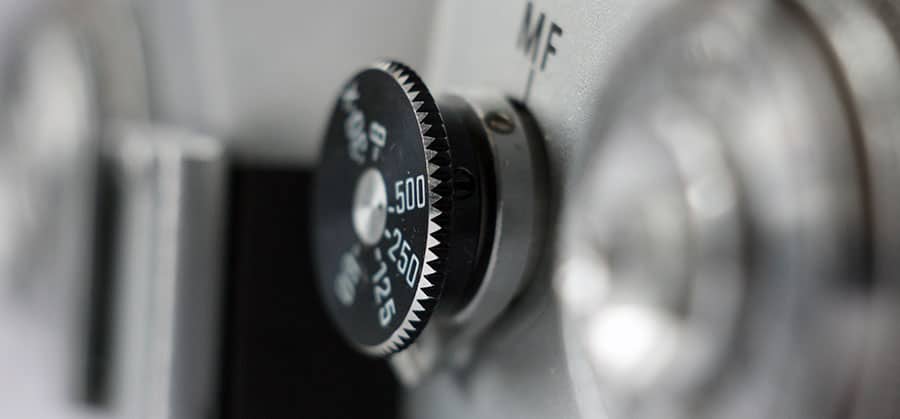
The frame counter (like most of the other mechanisms) was directly inherited from the first Leica cameras and was considered obsolete at that time. Unlike cameras produced outside the borders of the USSR, in Zenit-E you had to manually set this counter to 0.
The camera also had a simple film rewind knob, which was not much different from the mechanism present in the first FED and Zorki cameras. This element was also very much inferior in convenience to the more convenient film rewind cranks that were present on German and Japanese cameras.
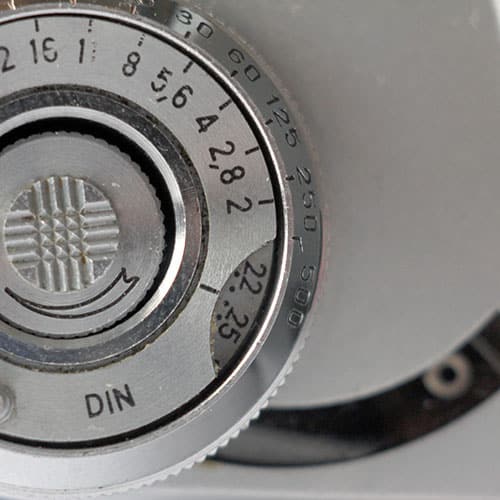
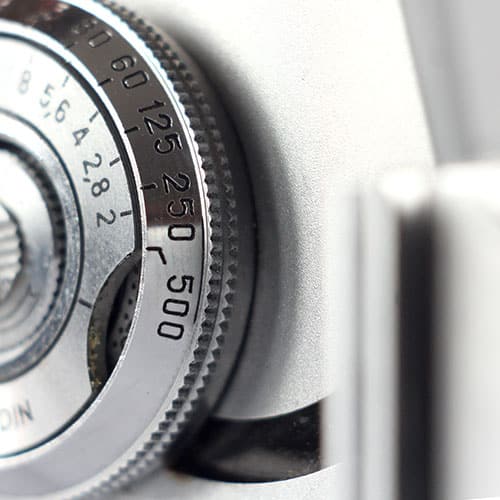
Conclusion
Zenit-E is one of the most famous Soviet cameras. This camera is now very cheap, and you can buy it for almost nothing. But for all its cheapness, the camera has almost everything for comfortable operation.
But as already mentioned, every year the quality of Soviet cameras became worse and worse, and Zenit-E already had a poorer build quality than Zenit-3 or 3M.
In light of this, the team of Sovietcameras.org believes that it is better to choose some other Soviet camera. For example, Zenit-C (if you want an authentic and old-school Soviet camera) or Zenit-122 (if you want a more modern Soviet SLR). The first camera is much more stylish and the second is more convenient.
ZENIT-E PHOTOS
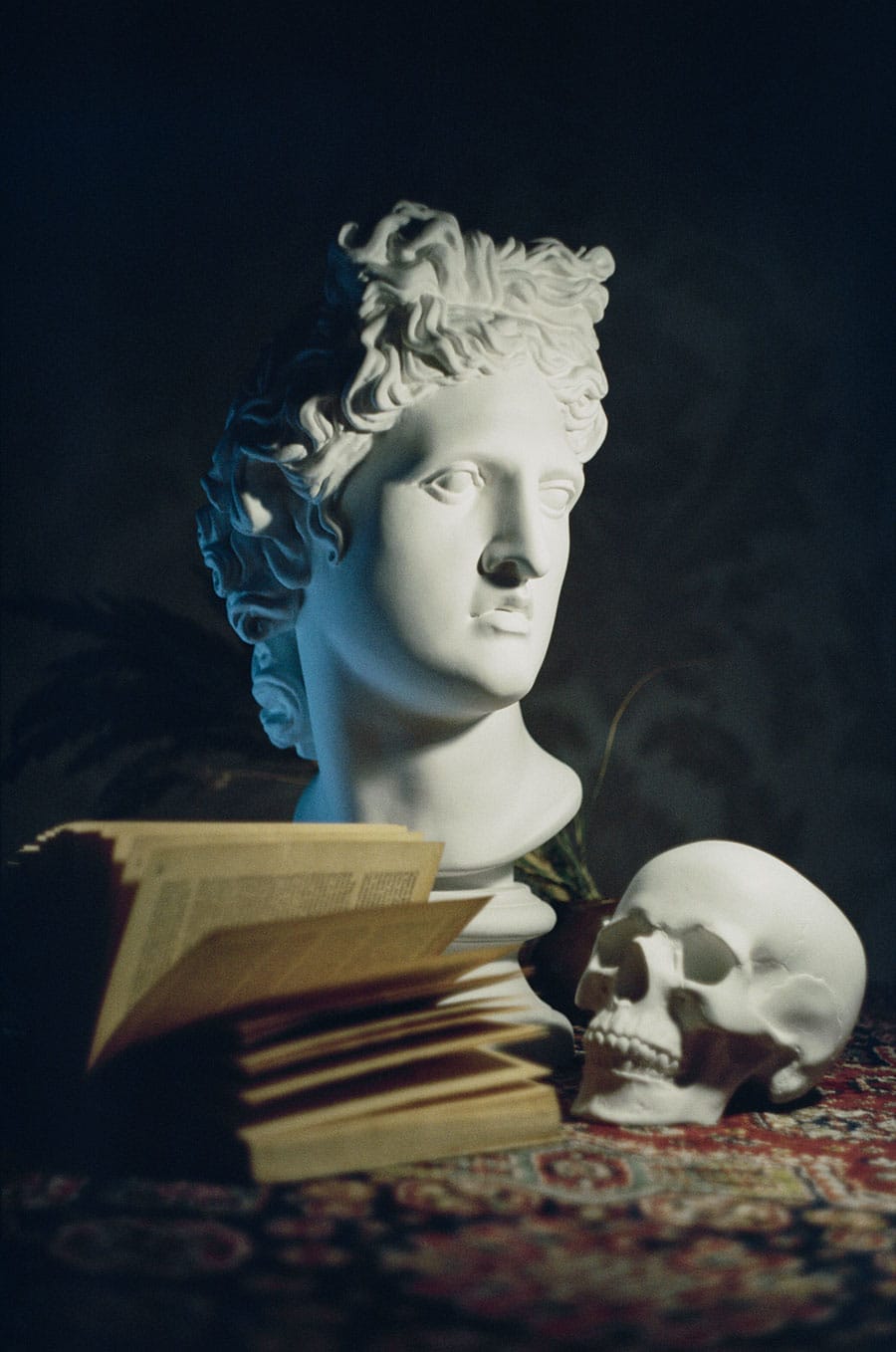
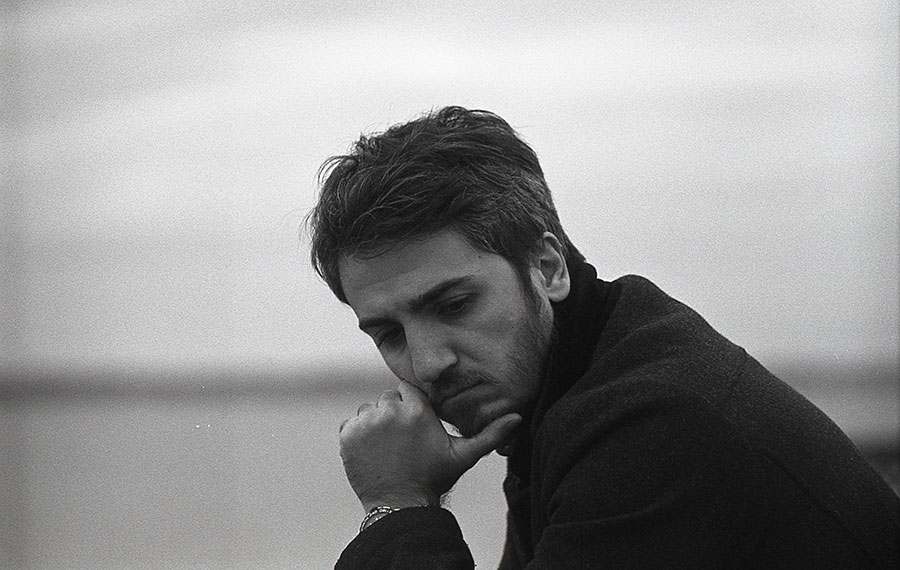
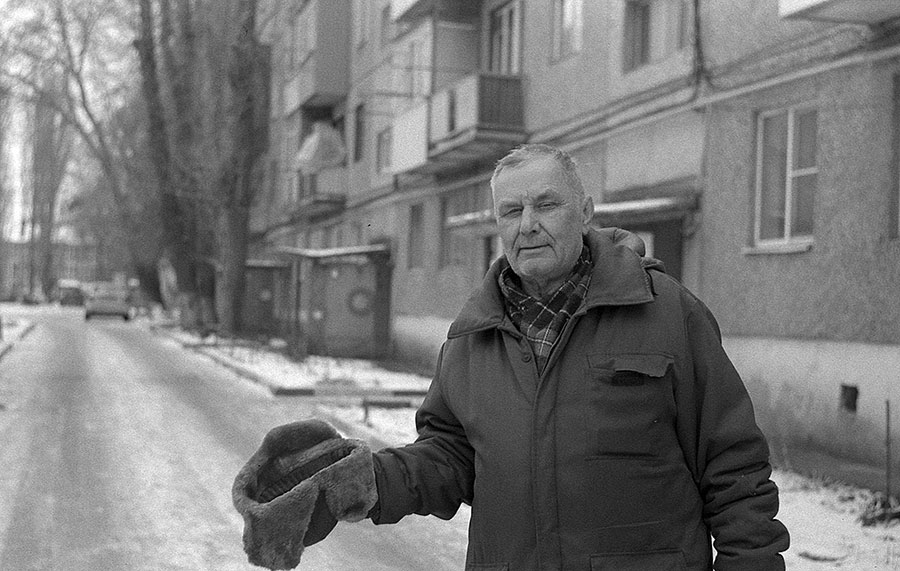
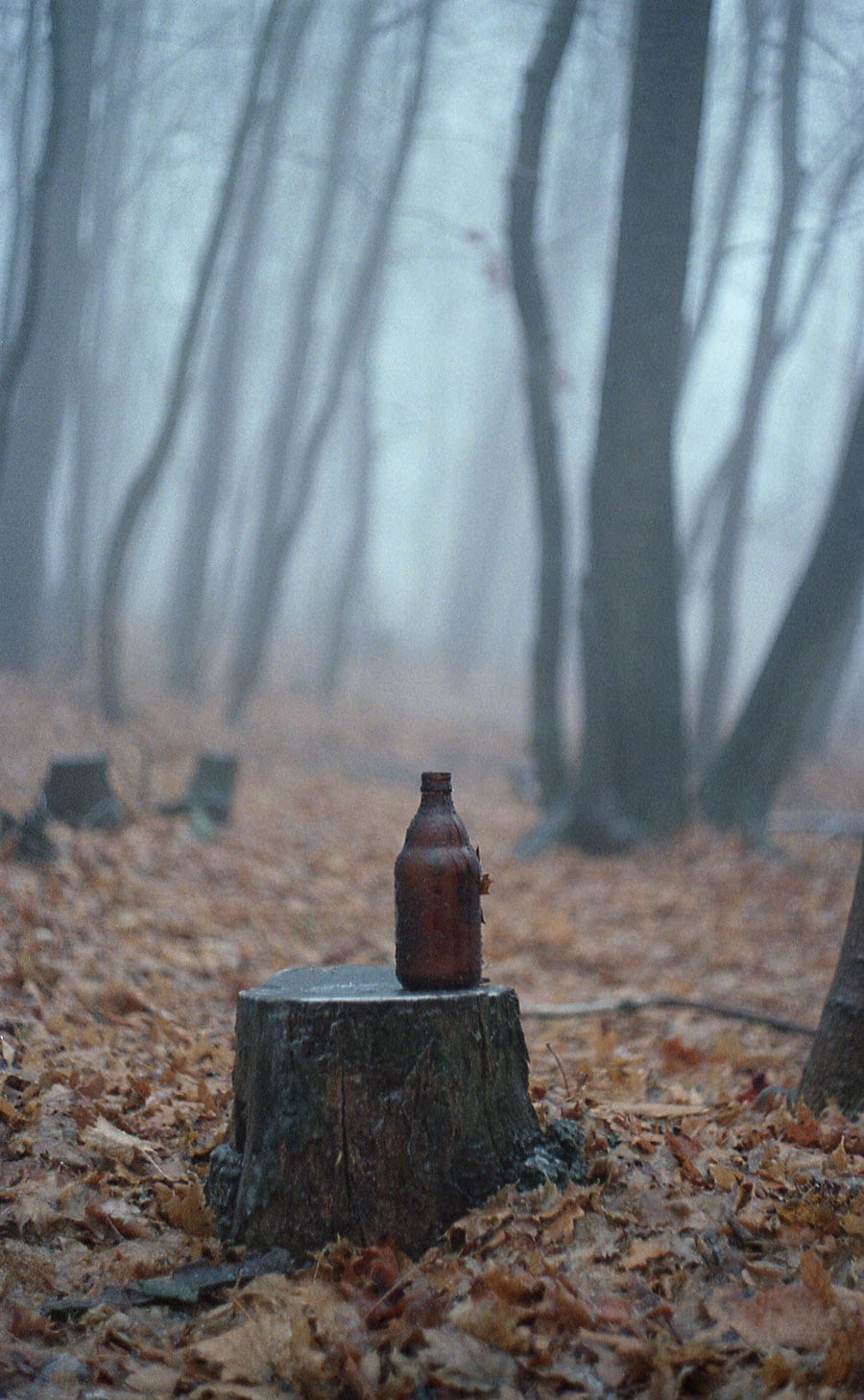
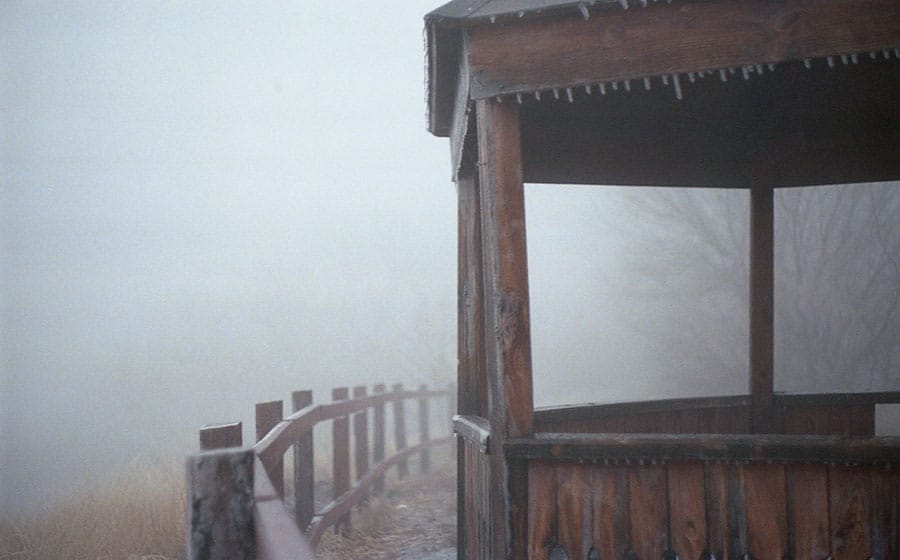
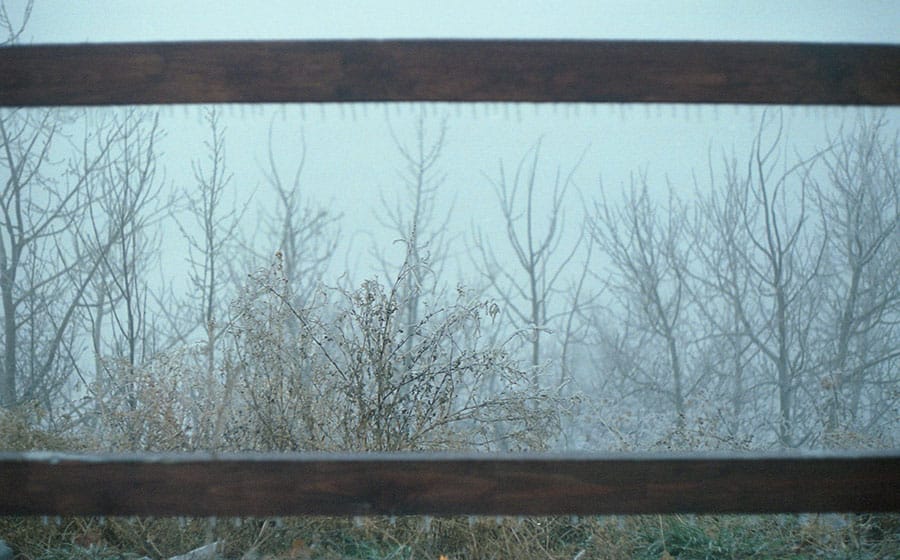
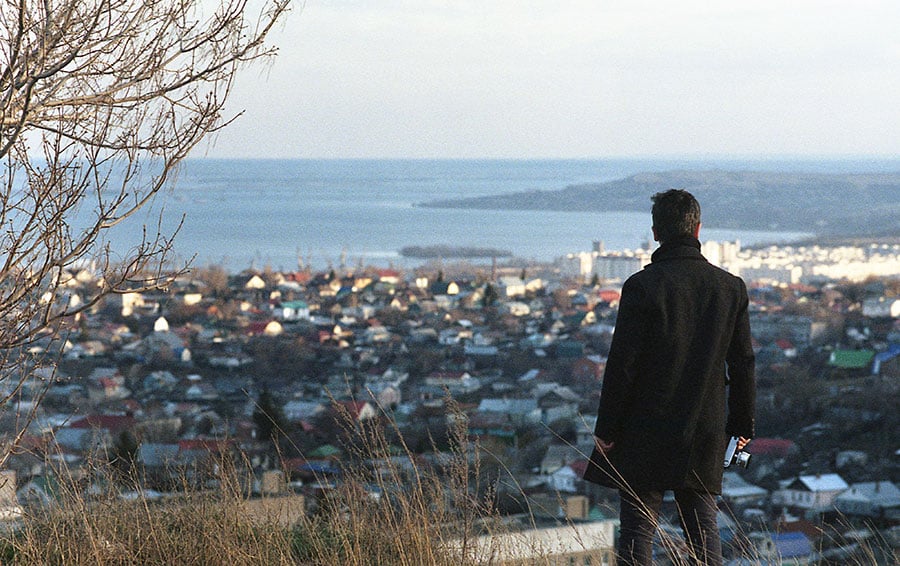
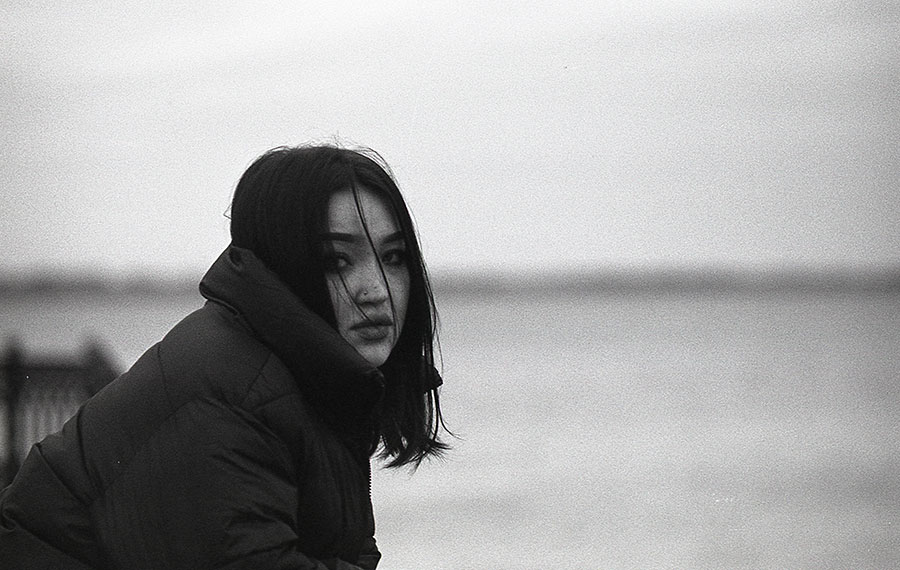
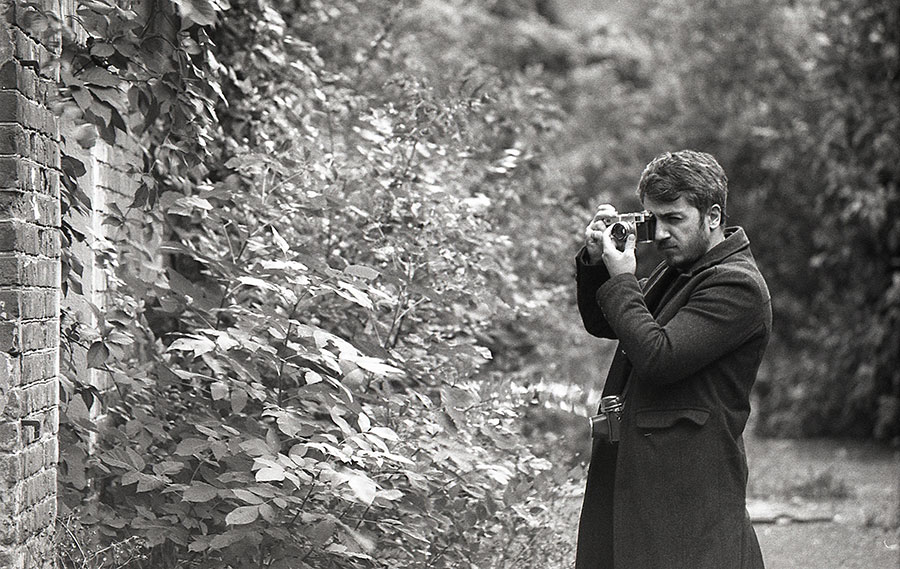
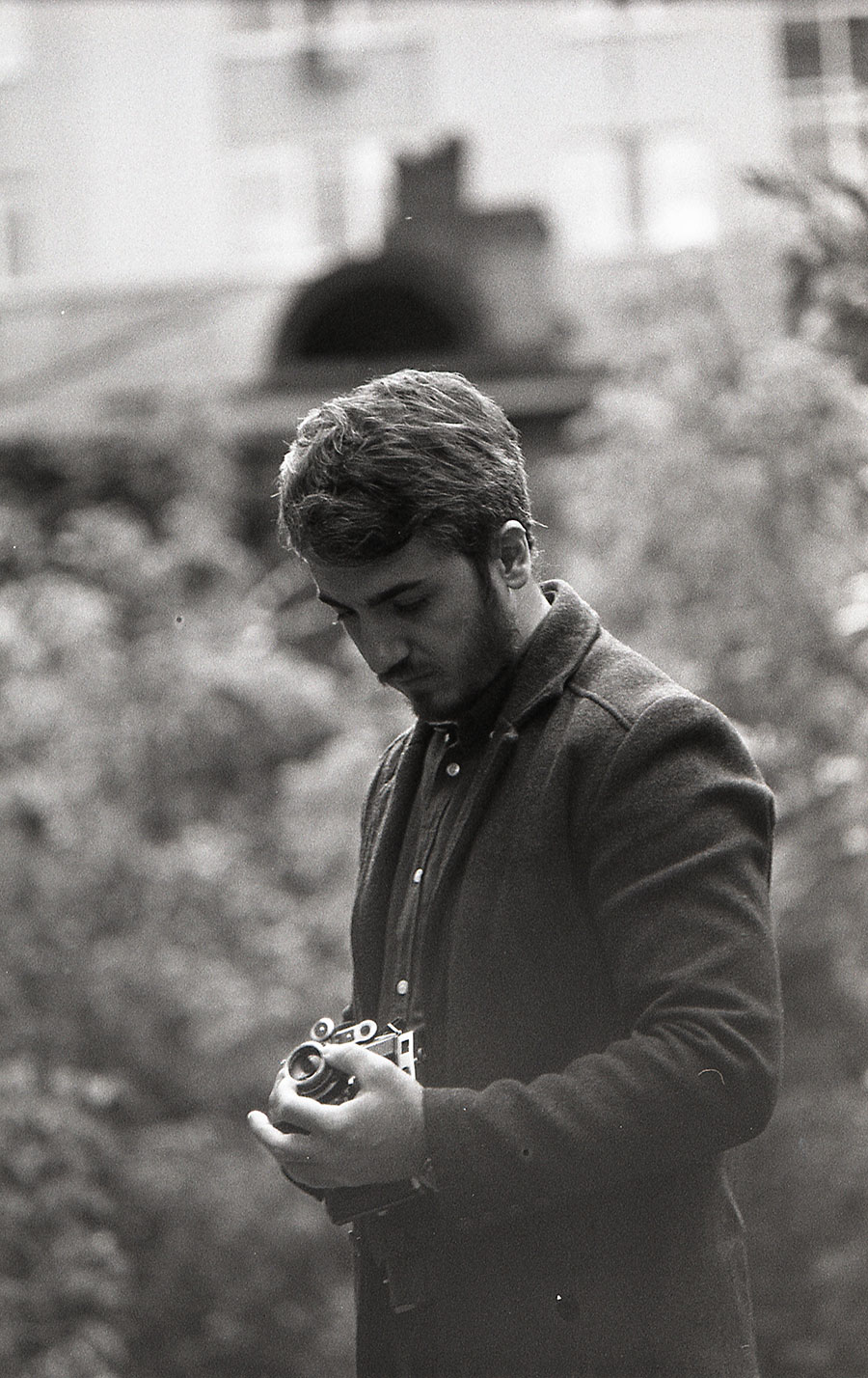
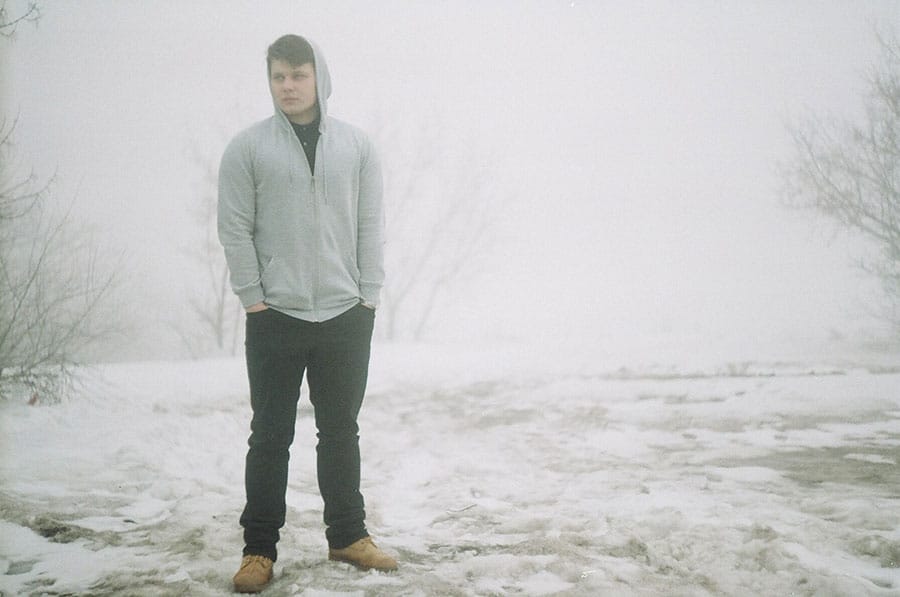

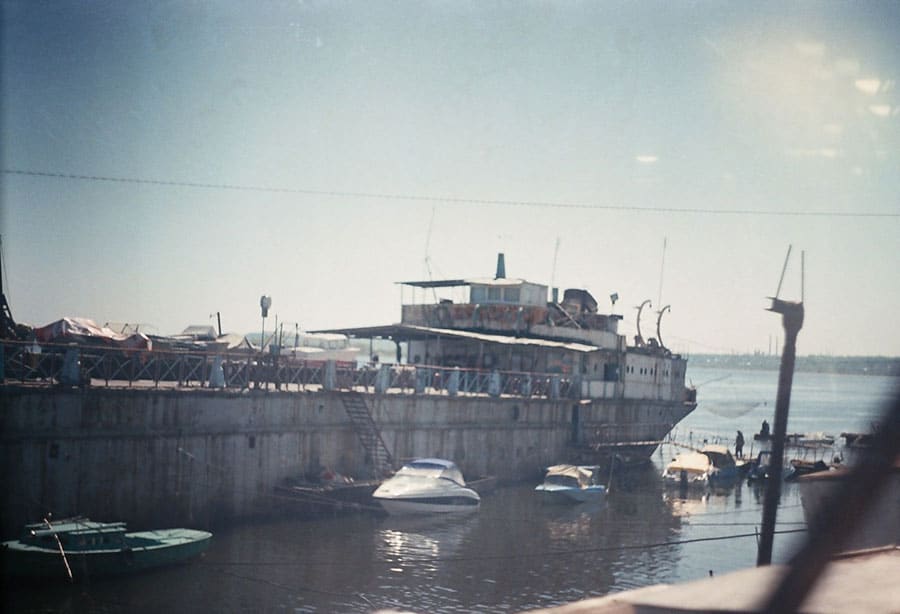
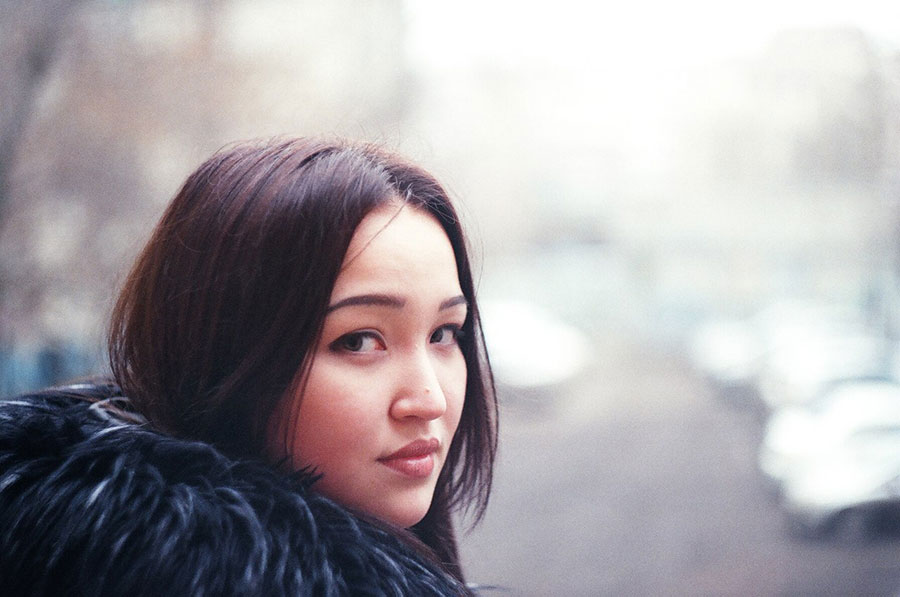
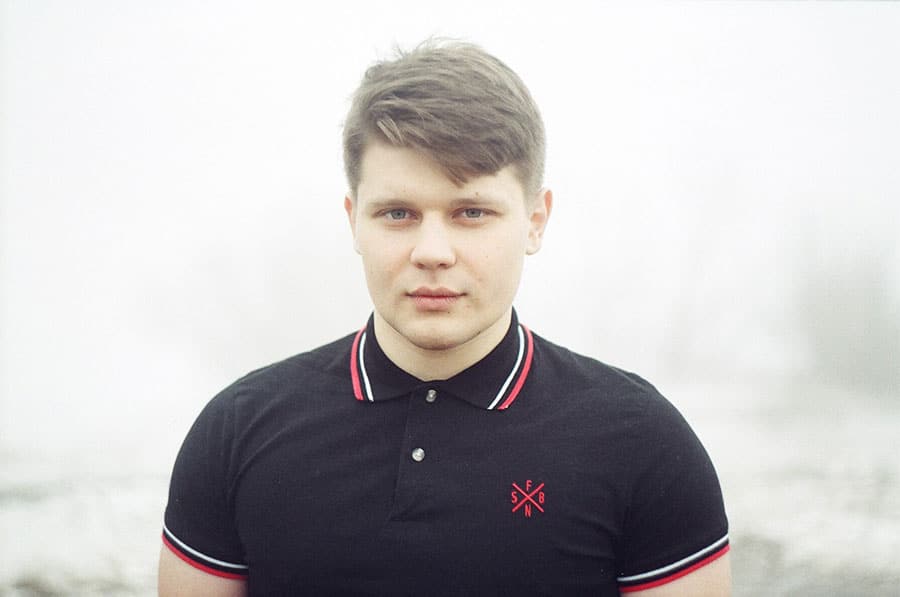
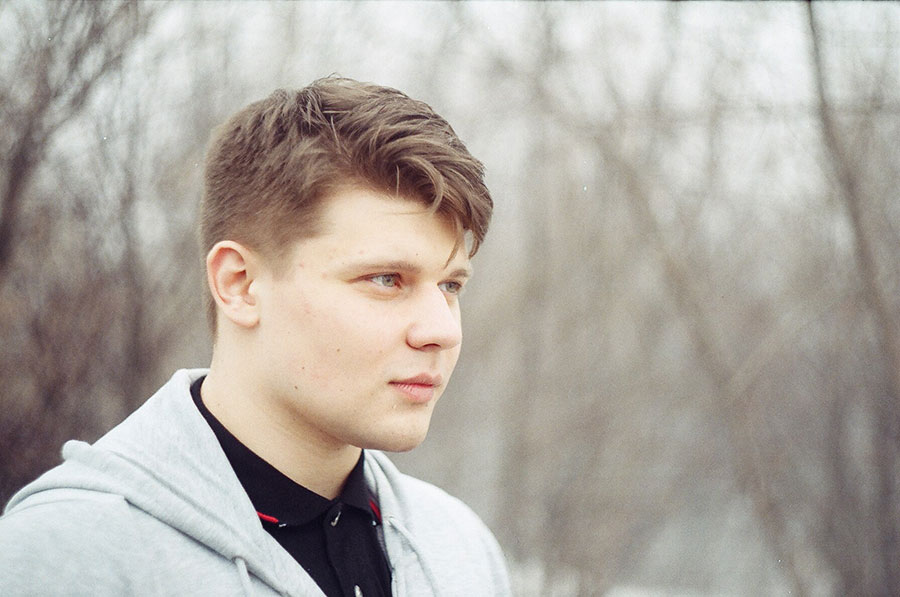
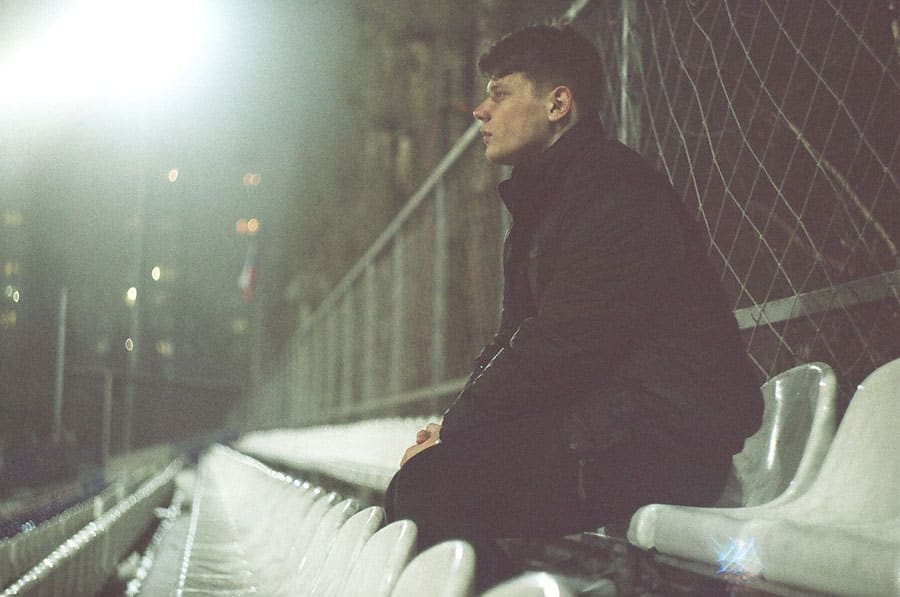
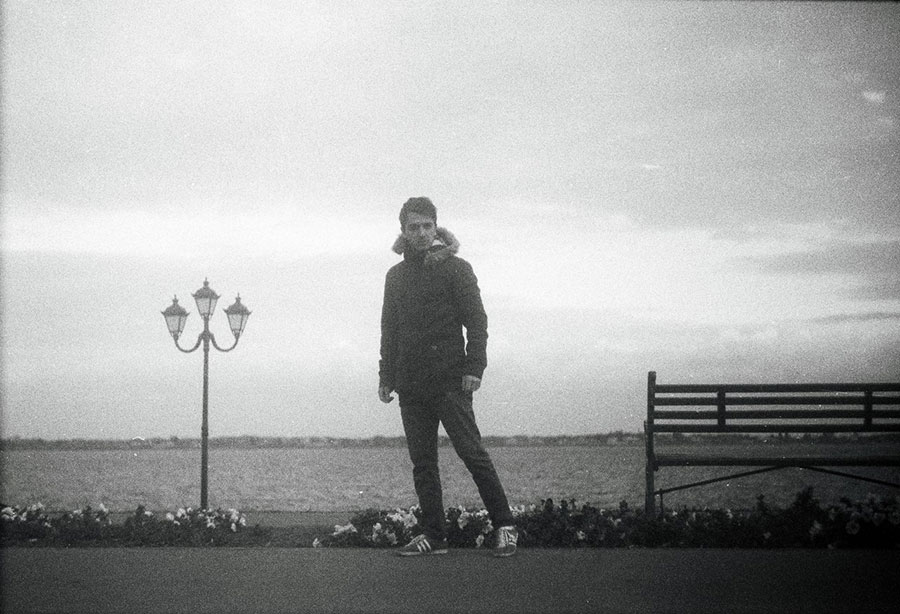


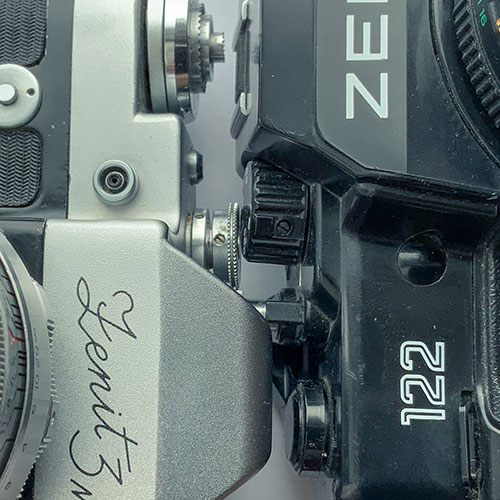
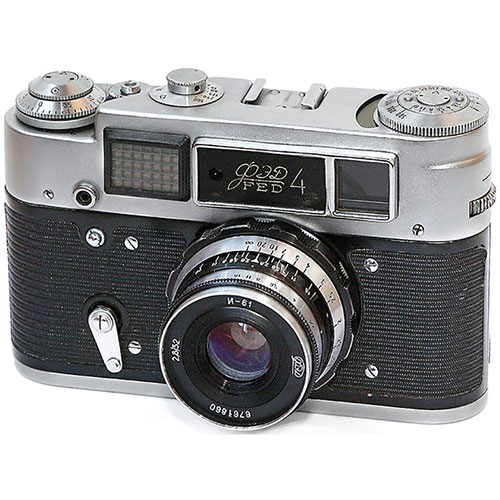
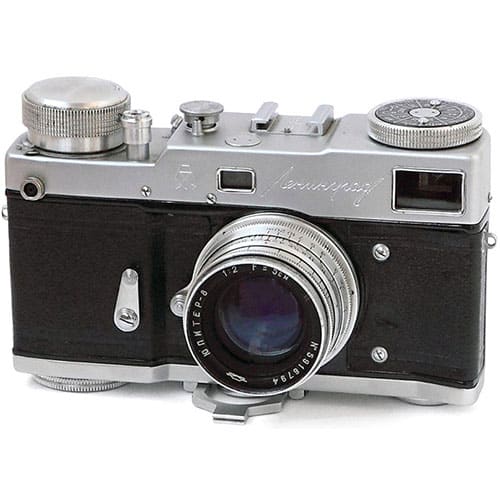
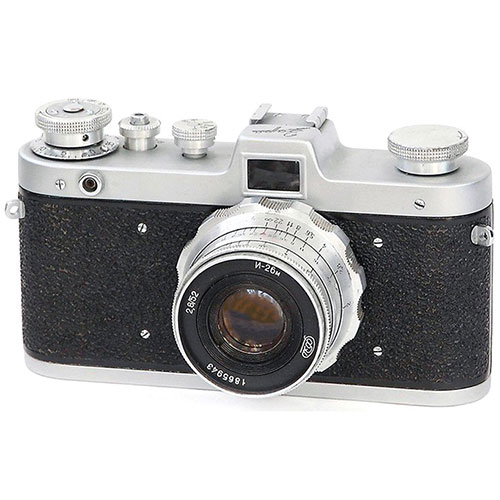
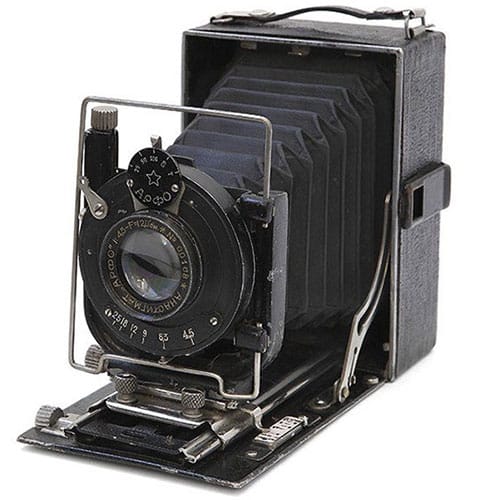
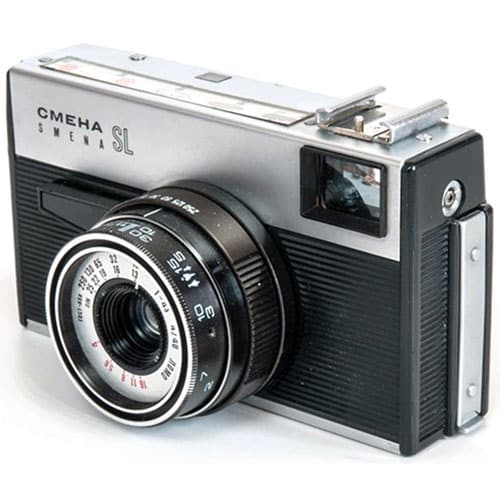
Really enjoyed this, thank you for the detailed info as I just picked up one of these. May I ask who the photographer was for the latter set of examples with the Helios 44 lens? I think those portraits look great.
Many thanks. The photographer is Stephan Aivazian, the owner of this website.